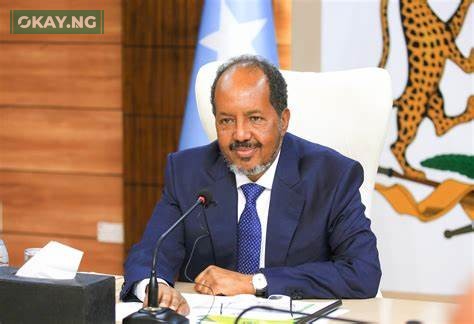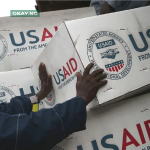Somalia has offered the United States exclusive control of strategically vital air bases and ports, according to a letter seen by Reuters. The letter, dated March 16th and authenticated by a regional diplomat, reveals President Hassan Sheikh Mohamud’s proposal to grant the US access to air bases in Balidogle and Berbera, alongside the ports of Berbera and Bosaso.
This offer arrives as the US seeks to solidify its military presence in the Horn of Africa, a region grappling with the persistent threat of Islamist militancy. “These strategically positioned assets provide an opportunity to bolster American engagement in the region, ensuring uninterrupted military and logistical access while preventing external competitors from establishing a presence in this critical corridor,” the letter stated.
The inclusion of Berbera, located in the breakaway region of Somaliland, however, introduces a complex layer of regional tension. Somaliland’s Foreign Minister, Abdirahman Dahir Aden, vehemently rejected Somalia’s offer, stating, “What cooperation? The USA gave up this corrupted regime called Somalia. The USA is now ready to deal with Somaliland, who has shown the world to be a peaceful, stable, and democratic nation.” He further emphasized, “The USA is not stupid. They know who they need to deal with when it comes to Berbera port.”
This confrontation highlights the deep-seated political divide between Somalia and Somaliland, with Somalia steadfastly opposing any recognition of Somaliland’s independence. It’s important to note that the Balidogle air base sits roughly 90 km northwest of Mogadishu, and the Bosaso port is located in the semi-autonomous state of Puntland.
From my perspective as an experienced news writer, this development could significantly reshape the regional security landscape. The potential for increased US military presence offers both opportunities and challenges. While it might enhance counterterrorism efforts, it also risks exacerbating existing tensions and drawing external powers into the complex regional dynamics.
The strategic importance of these assets cannot be overstated. Balidogle, for instance, has served as a critical hub for US military operations in the past. Berbera, with its deep-water port, holds immense logistical value. And Bosaso, strategically located on the Gulf of Aden, is vital for maritime security.
The offer highlights Somalia’s desire for stronger security partnerships, particularly with a global power like the United States. However, the reaction from Somaliland underscores the delicate balance of power in the region and the potential for this move to ignite further conflict.
The implications for the people living in these areas are profound. Increased military activity could bring both security and instability. It remains crucial that any development prioritizes the safety and well-being of the local populations.
As this story unfolds, it’s essential to monitor the reactions from the United States and other regional actors. The decisions made in the coming weeks could have lasting consequences for the Horn of Africa.












